It says something that my most interesting experience at the cinema while watching Mat Kilau had nothing to do with the movie itself. It was a Wednesday morning and my colleague Bahir and I were sitting in the twin seats at the back row of Hall 5 at TGV 1 Utama when the lady next to us leaned over looking rather perplexed. She was in her mid-thirties.
She asked me if I was there to watch Mat Kilau? She said it in a tone that implied I was somehow in the wrong hall. I simply smiled and said “yes.” About thirty seconds later, she leaned over again and said, rather apologetically: “Minta maaf ye, tapi you India kan? Kenapa you suka tengok movie macam ‘ni?”
I told her that I had heard interesting things about it and that I was curious as to why the movie was doing so well at the box office. She told me that everyone she knew had recommended it as a must watch and so she dragged her husband and extended family out to this screening. She then went on to spend most of the movie actively engaging with everything that was happening on screen, her whoops and cheers punctuated with the occasional “Allahu Akbar!”
It was a fascinating exchange. And one that speaks volumes. I’m still unsure if she just found it impossible to fathom that an Indian person would be at all interested in watching this movie, or if she was anxious because I had somehow stumbled upon their little secret.
Courting the Malay Vote
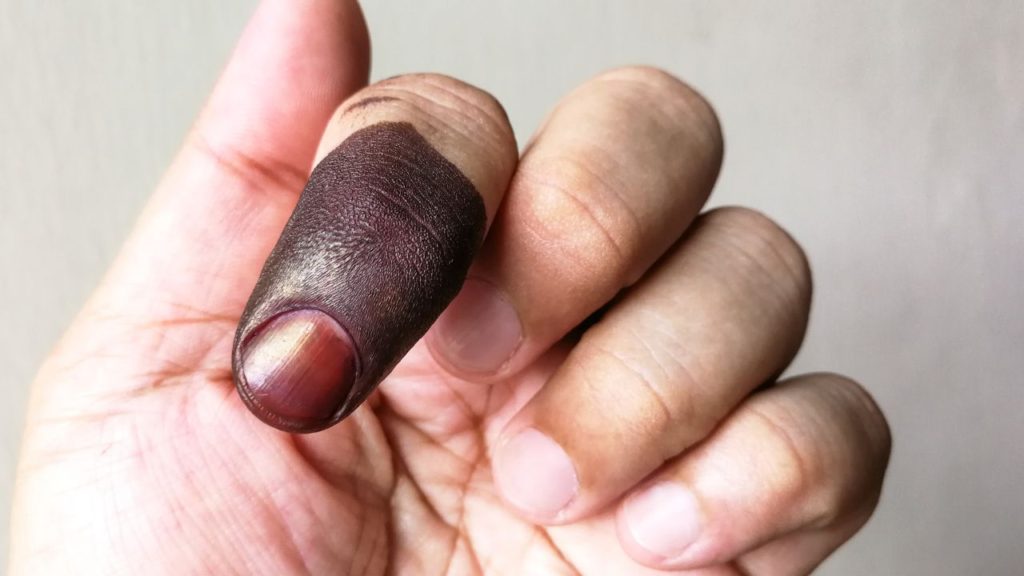
Here’s what you need to know about Mat Kilau. It is, to date, the highest grossing Malaysian movie of all time, collecting over RM96 million in just 40 days. Now, a movie makes this much money in one of two ways. Either people go back to watch it multiple times, or it successfully brings in new audiences who wouldn’t ordinarily watch movies on the big screen. In the case of Mat Kilau, I believe it’s both.
So what was it about this particular movie that got Malay folk (and it was solely Malay folk) so excited and invested? Why did it speak to them on such a visceral level? And does it in any way explain why PAS ended up being the single party with the most parliamentary seats in GE15?
Movies and popular culture have always been a great reflection of public sentiment. They may not always influence it, but the ones that connect best with audiences often hold up a mirror to it. The success of Mat Kilau at the Malaysian box office was undoubtedly an early indicator of the outcome of this recent general election. Back in July, when we reviewed the movie on The Goggler Podcast, we made the mistake of thinking that it would be UMNO who would weaponize it come election season. Turns out, it was PAS and PN that ended up being its biggest beneficiaries.
We know that GE14 saw a split in the Malay vote, and ever since then, political parties have been scrambling to recapture that lost support. Now there are three key messages in Mat Kilau and all of them seem to channel the same rhetoric that we heard throughout this election campaign.
Killer Key Messaging
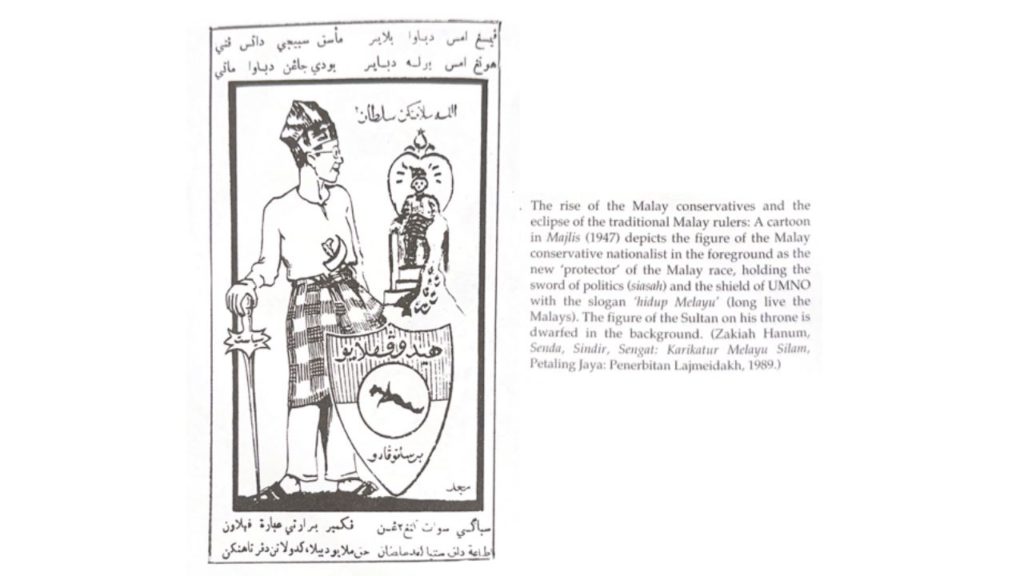
The first is that Malay disunity is responsible for the colonization of the race by outside forces. The “bad guys” in Mat Kilau are ostensibly the British, but the movie uses some pretty potent imagery to push through its agenda. Throughout the movie, Mat Kilau and his followers only ever fight and kill Sikh soldiers, who are portrayed as being unquestioning lackeys of the British, and the vicious enforcers of their will against the Malay people. The only Chinese character we see in the movie is a weaselly sniveling turncoat who will sell his services to the highest bidder. They are dangerously misleading stereotypes – the Chinese being unscrupulous, the Sikhs/Indians willing to blindly serve any master – that reinforce long held notions of “the other” and their role in the oppression of the Malay people.
And then there were the chants of “hidup Melayu” and “demi bangsa dan agama” that were scattered throughout the movie. It is an age old cry that has pervaded our political discourse since the formation of the country and Mat Kilau uses it as a justification. The movie makes the point – quite frequently and rather unsubtly – that fighting for your race and your religion is the highest calling, even over family, and especially over king and country.
Which brings us to the third and most subversive message in the movie. Following a badly choreographed final battle, Mat Kilau utters these final words:
Orang Melayu takkan kekal mulia dengan adat, kesultanan, dan budaya semata-mata. Tapi kita akan kekal mulia kerana akidah jika berpengang teguh dengan Islam. Di situlah letaknya kemuliaan orang-orang Melayu yang sebenar. Wahai saudaraku. Allah adalah kekuatan kita. Untuk mencari kekuatan, carilah Allah!
He proclaims that it isn’t culture, or customs, or Sultans, that will save the Malay race, but rather their faith and adherence to the teachings of Islam. That is their true north. For it is only within Allah that they will find nobility and strength. It’s a bold proclamation (if somewhat treasonous) and one that cunningly conflates religion with Malay nationalism.
These were sentiments already at the forefront of voters minds following GE14 when false claims of Malays being sidelined by their own government began gathering steam. These were sentiments that fed into the core campaign strategy employed by PAS and PN throughout GE15. On social media and in ceramahs throughout the country, there was an underlying message of Malays needing to “reclaim” this country from “external” influences. They used Mat Kilau as an example of Malays rising up and fighting against forces seeking to enslave them in their own land. (See: TikTok)
Primed for Propaganda
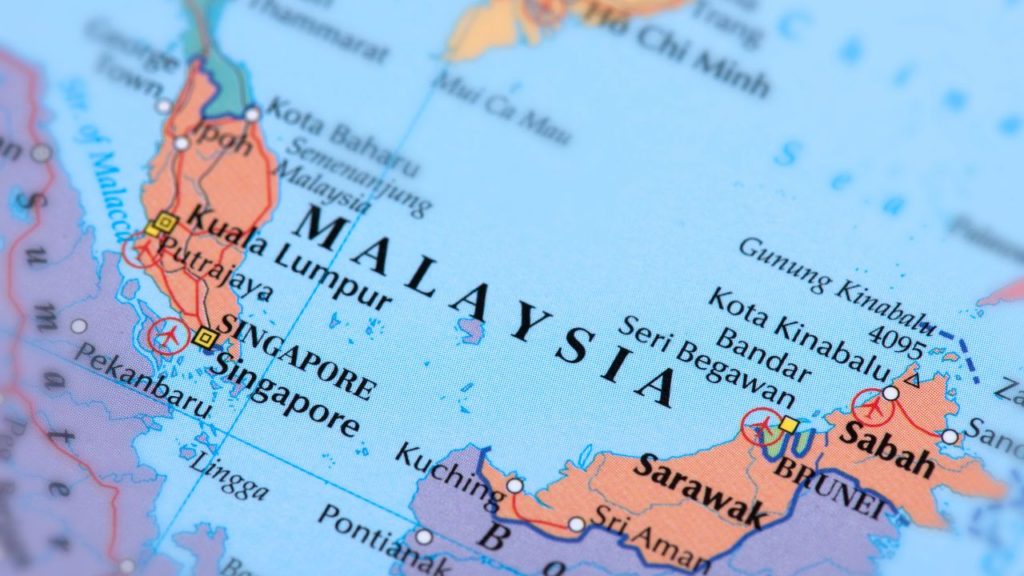
Now it is important to note that Mat Kilau did not create or cause the current sentiment – its filmmakers are neither skilled enough nor smart enough to pull off something like that. (Syamsul Yusof is no Leni Riefenstahl!) Instead, it bolstered what was already there. It channeled the prevailing sense of Malay disenfranchisement following the last election and broadcast it on big screens all across the country. It reinforced a misplaced sense of depravation through emotional manipulation and a false historical narrative.
In an ideal world, the falsehoods, disinformation, and dangerous stereotypes put forward by this movie would have been called out and criticized in public discourse. Instead, we had politicians exploiting its imagery to shore up their own divisive messaging. Which was when Mat Kilau, a terrible movie with very little cinematic value, suddenly became incredibly dangerous propaganda.

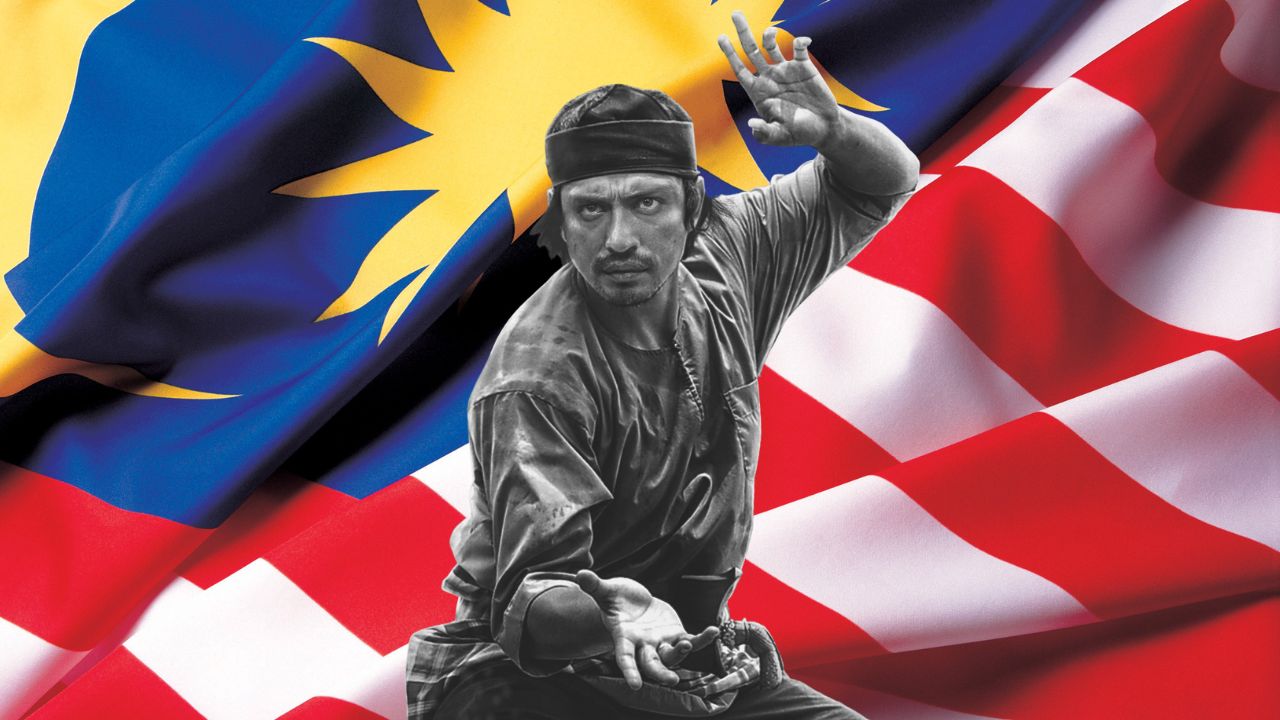


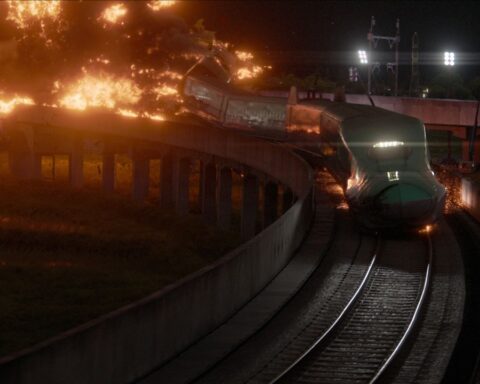




Follow Us